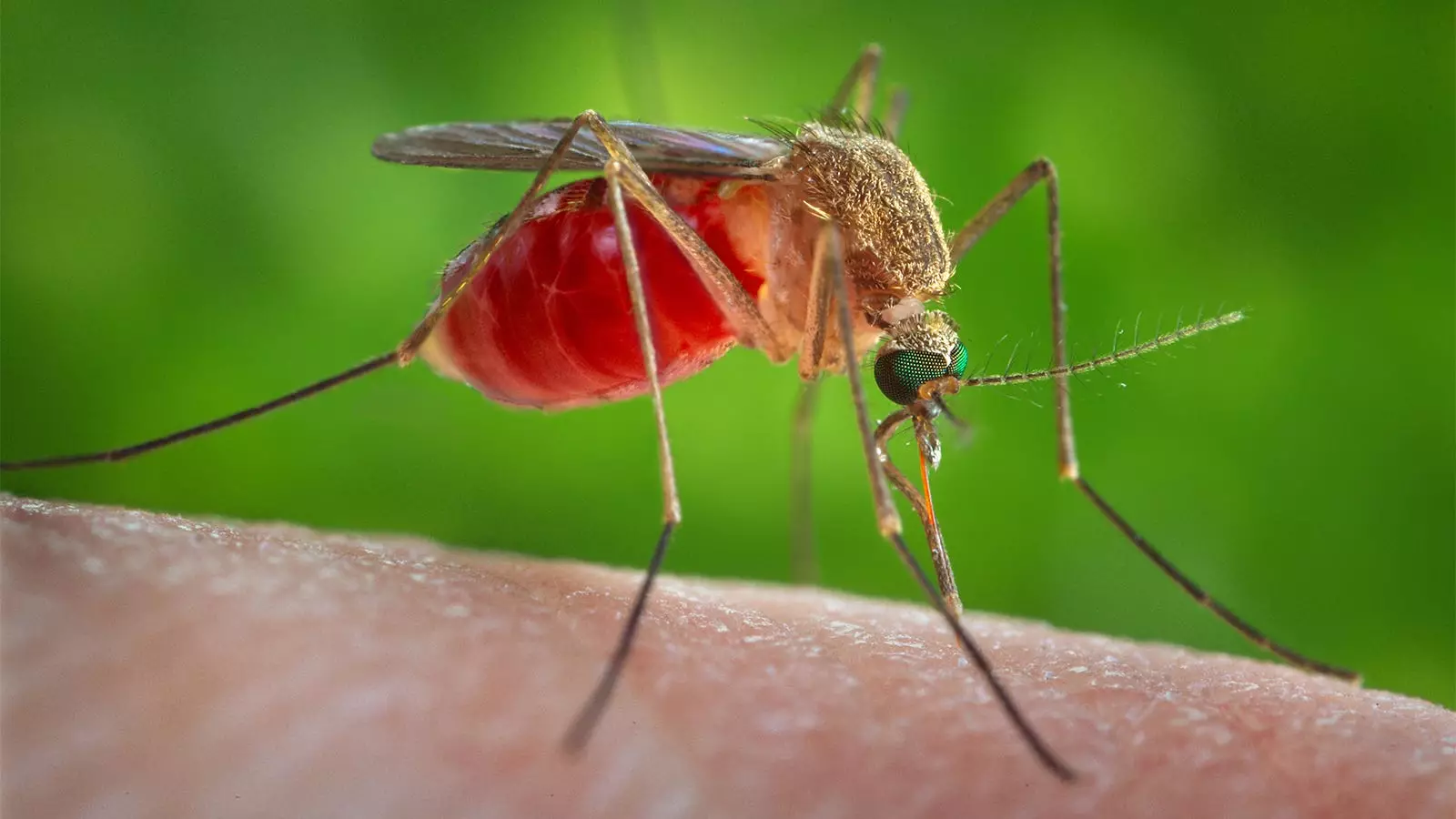The Oropouche virus, also known as sloth fever, is a virus that originates from forested tropical areas. It was first discovered in 1955 in a forest worker in Trinidad, and named after a nearby village and wetlands. The virus is primarily transmitted by small biting flies called midges, as well as some species of mosquitoes. Although humans can contract the virus while visiting forested regions, there is no documented evidence of person-to-person transmission.
Recent outbreaks of the Oropouche virus have been reported in Amazon regions where the virus was already prevalent, as well as in new areas in South America and the Caribbean. Approximately 8,000 locally acquired cases have been reported in countries such as Bolivia, Brazil, Colombia, Cuba, and Peru. Travelers have also been diagnosed with the virus in the United States and Europe, with 21 cases reported in the U.S. – 20 in Florida and one in New York, all linked to travel in Cuba.
Symptoms of Oropouche virus infection can often resemble those of other tropical diseases such as dengue, Zika, or malaria. These symptoms may include fever, headaches, muscle aches, diarrhea, nausea, vomiting, and rash. In some cases, infected individuals may experience recurring symptoms, and approximately 1 in 20 patients can develop more severe complications like bleeding, meningitis, and encephalitis. While the virus is rarely fatal, there have been reports of deaths in Brazil. Currently, there are no vaccines to prevent Oropouche virus infections, and treatment options are limited.
Health officials are investigating the potential transmission of Oropouche virus from pregnant women to their fetuses, raising concerns similar to those seen during Zika outbreaks. The Centers for Disease Control and Prevention (CDC) has advised pregnant women to avoid non-essential travel to Cuba and recommended all travelers take precautions to prevent bug bites by using insect repellents and wearing protective clothing.
In light of the increasing cases of Oropouche virus infections, it is crucial for healthcare providers to remain vigilant in identifying potential cases, especially in individuals returning from areas where the virus is prevalent. Early detection and appropriate management of cases can help prevent further spread of the virus and protect public health.

Leave a Reply